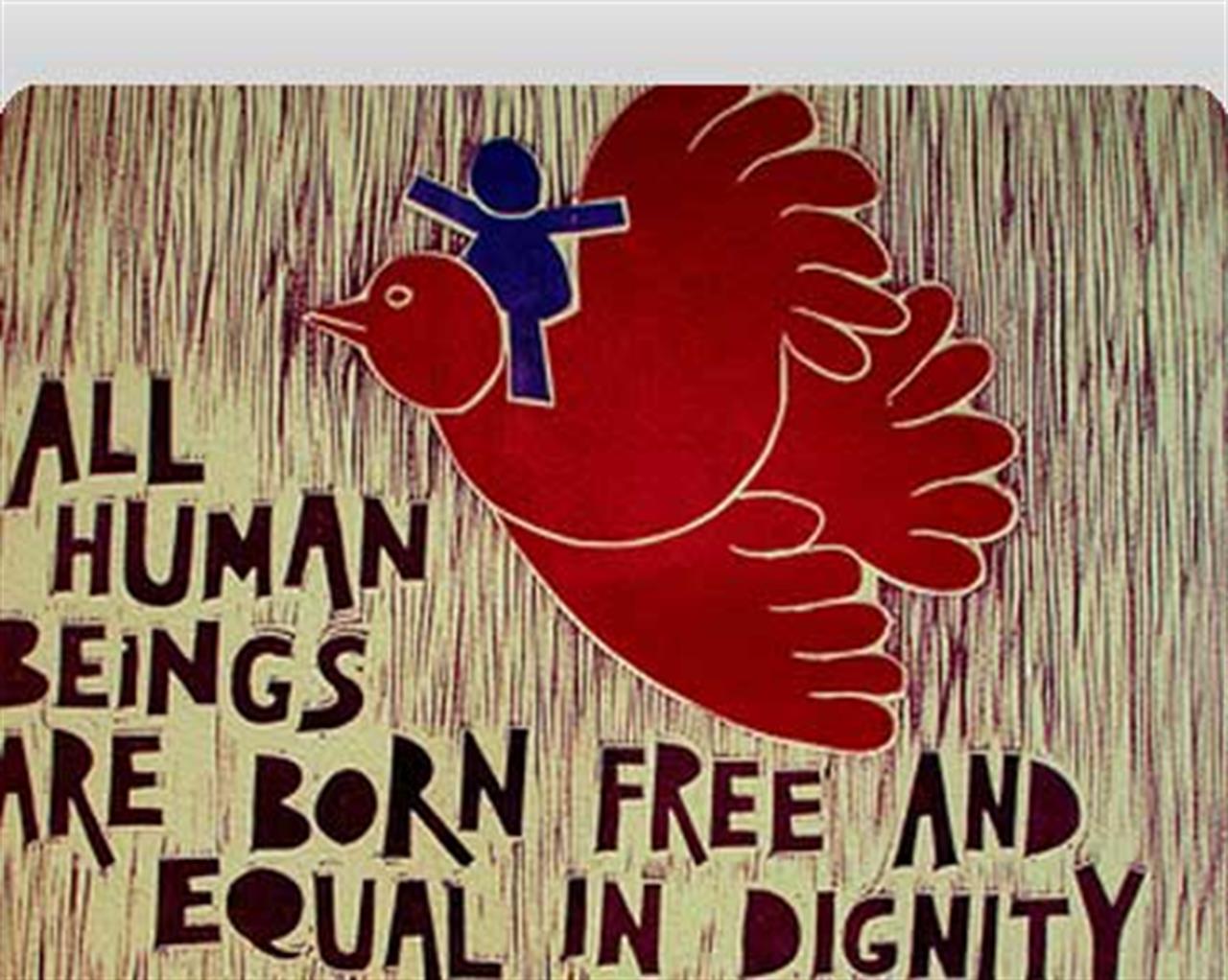Non profit
Pasquale De Sena: Human rights today
Power in the hands of multinationals. According to Pasquale De Sena, an expert in international rights, this is the greatest threat to human rights today.
di Staff

When asked whether he thinks that the declaration of human rights written 60 years ago needs to be revised, Pasquale De Sena, professor of international law at the University of Naples, replies cautiously. He does not reject the idea of updating the list of rights that all human beings are (or should be) entitled to, outright. What he does do is point to several elements that should be taken into account and monitored in the event of the declaration being “modernised”: the relationship between nation states and the centralisation of large private agglomerates. “Many of the rights formulated in 1948 are relatively flexible. From an international point of view, some are non existent”.
Can you give a few examples?
The right to development, conceived as an individual right, is not applicable.
How can the declaration be updated?
It is necessary to reflect on the subjects of the declaration – that is to say, those to whom it is addressed – and to take into account the conclusions reached by sciences that study the brain. In particular, we must keep the context in which the brain functions in mind: biology, psychology and even psychoanalysis. The so called neurosciences of complexity. To think less of stem cells and more of the person as a whole, as a body and a mind.
From this perspective, what is missing then?
There are two problematic issues. The declaration did not intervene in a legislative vacuum, but there were not many international treaties that dealt with people. Later, many more were stipulated and these affect the lives of people and nations. The problem is ensuring that the declaration’s values actually penetrate into the actuation of international treaties.
Are you thinking of any specific fields?
The founding treaty of the World Trade Organisation deals with the formal relationship between nation states, but its rules have effects on the lives of individuals. And yet it contains no instruments that safeguard human rights, as if it were a separate world. This is how treaties on rights risk being shadowed.
And the second problematic issue you mentioned earlier?
The declaration and the conventions that followed it are characterised by a paradigm that says that the state should be limited in favour of increased rights for individuals. An important scheme that is still relevant today, but rights are increasingly being threatened, especially in the West, by private powers. For example, by multinationals. I am thinking of workers rights, of the common practice of those who are above to take advantage of who is below. Of harassment at work …
Issues that have to be dealt with …
Certainly: they are situations that are not foreseen by the declaration nor by the treaties that descend from it, except in terms of states being responsible of supervising that certain situations do not arise.
A bit vague … is this what you mean?
For their very nature, many situations are bound to escape. This is a theme that is well developed by constitutionalists and that at an international level should be elaborated on.
Today there is great inequality when it comes to life expectancy. Do you see this as a failing of human rights?
The “scissors” here are determined by economic conditions and are therefore part of the realm of economic-social rights. That are not, however, considered real rights so we can’t expect states to respect them equally. No doubt this is a serious problem. Life expectancy has not improved because of the effectiveness of norms, but because of development in the past 60 years.
Do you think that new rules between states have to be created?
Substantial equality is an issue that is always relevant. In the 70s and 80s, before the fall of the blocks and the victory of the market economy, this was the objective upon which attention was focused. Today this is no longer true.
Economist Joseph Stiglitz proposes that new international organisms should be instated to bring the balance back to the relationships between different nations…
Its not that I don’t see the need to confront the problem in terms of relationships between states, as well. But this does not mean that there are not other things that can and must be done. The relationship between nations is one aspect, the other is to rise up to these large conglomerations of power that are neither governmental nor private and to try and regulate them.
Si può usare la Carta docente per abbonarsi a VITA?
Certo che sì! Basta emettere un buono sulla piattaforma del ministero del valore dell’abbonamento che si intende acquistare (1 anno carta + digital a 80€ o 1 anno digital a 60€) e inviarci il codice del buono a abbonamenti@vita.it
